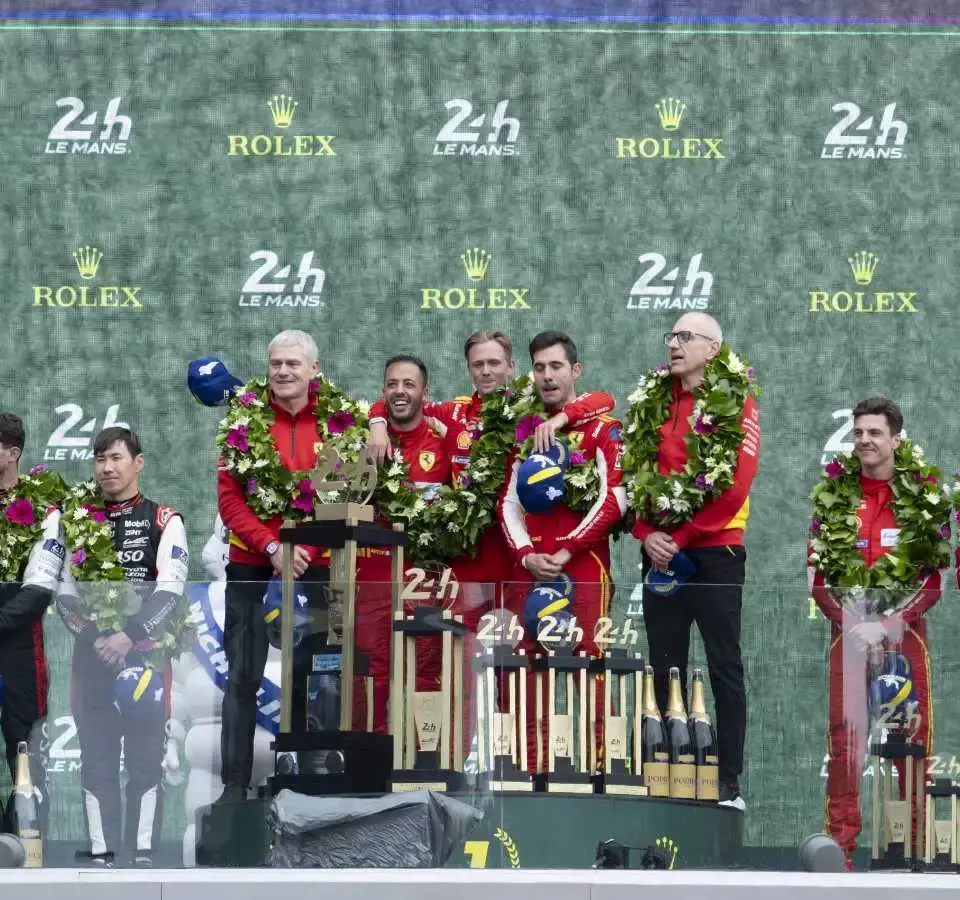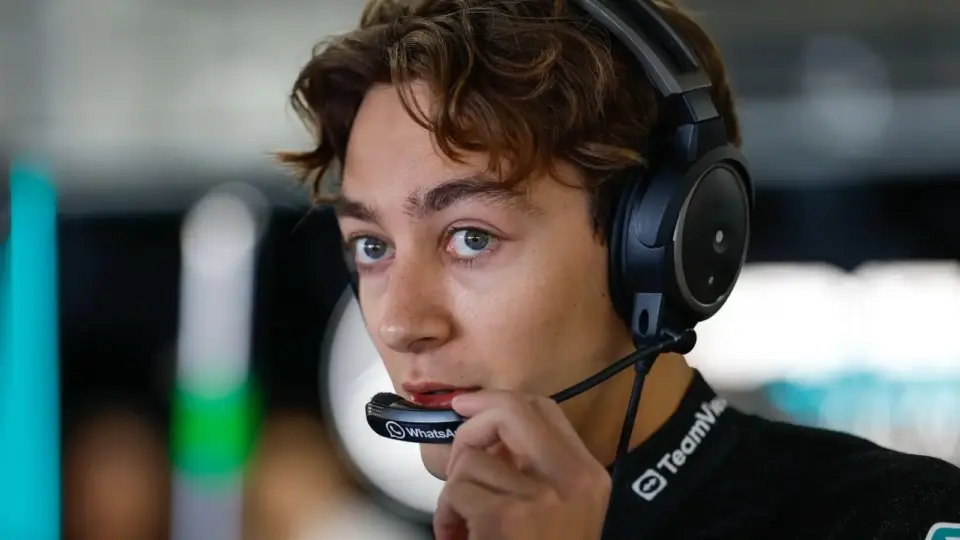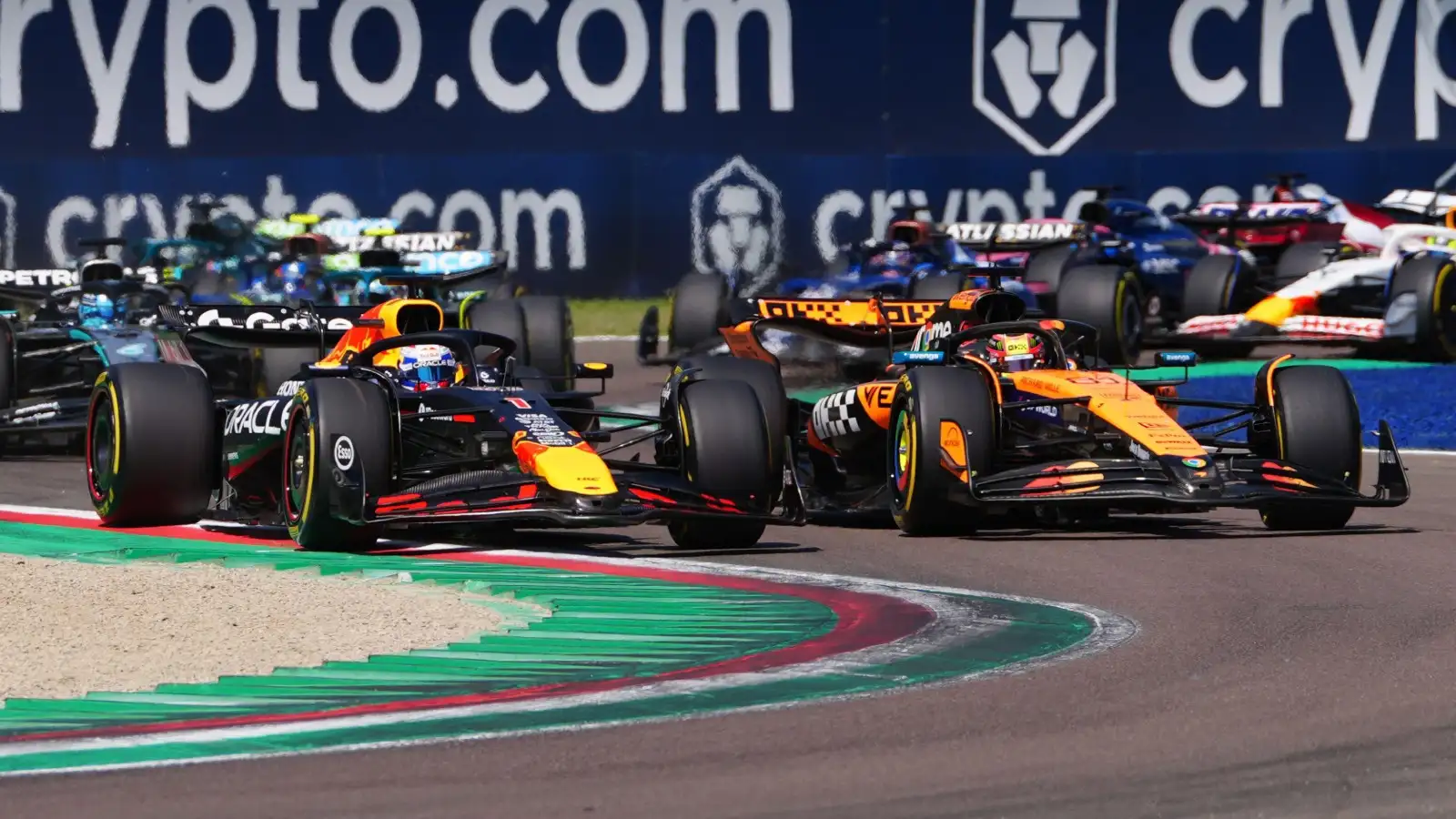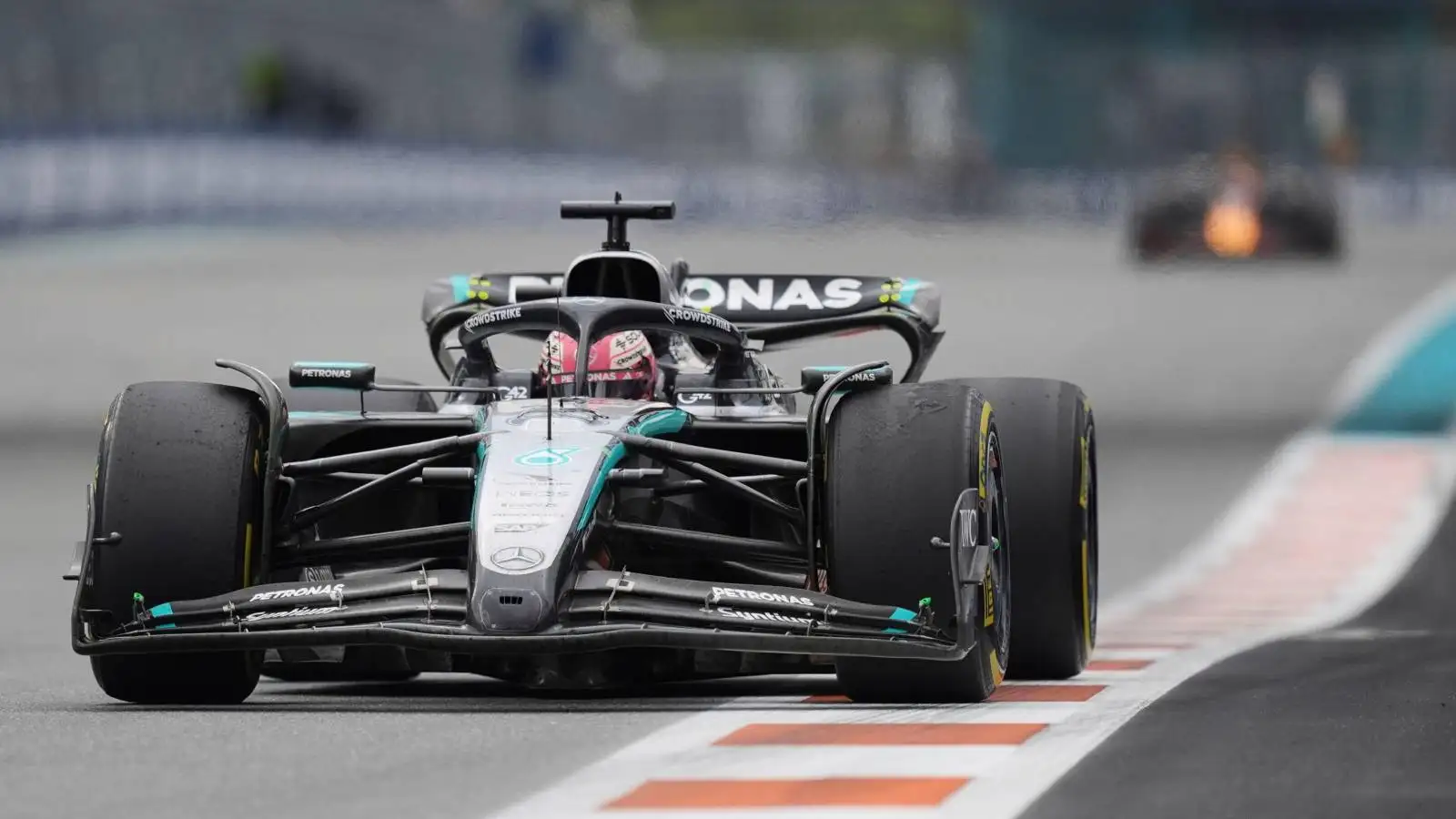In a dramatic turn of events in the world of motorsport, Ferrari has managed to accomplish an extraordinary feat in 2024 by securing victories at both the Le Mans 24 Hours and the Monaco Grand Prix. It’s a landmark achievement that echoes back to 1934 when Alfa Romeo last achieved this double triumph ninety years ago. This incredible success not only places Ferrari in the history books but also revitalizes its racing legacy, considering the challenges involved in dominating both the grand stage of Formula 1 and the grueling endurance test of Le Mans in the same year.
Back in 1934, the motoring scene was starkly different. Formula 1 was yet to be established, and World War II had not yet impacted European racing technologies. The competition was fierce, with Alfa Romeo, Bugatti, and Maserati leading the charge in Monaco, while others like Riley and Lagonda populated the sports car scene. Despite the Great Depression’s economic challenges, the racing world began to recover, and Alfa Romeo, although stepping back from factory racing, supported Scuderia Ferrari, led by Enzo Ferrari himself, a former racer with a keen eye for talent.
Enzo Ferrari’s knack for recognizing potential was evident when he brought in a young Guy Moll, who took an unexpected victory in his first race in Monaco. Moll’s win at a young age held its ground until Lewis Hamilton broke it in 2008, cementing Ferrari’s early legacy. The team then shifted its sights to Le Mans, where Alfa Romeo, despite economic constraints, showcased dominance.
Fast forward to 2024, Ferrari has defied the odds again. The conditions were challenging with unpredictable weather and fierce competitors. However, the Ferrari team, especially the No. 50 car driven by Antonio Fuoco, Nicklas Nielsen, and Miguel Molina, displayed remarkable adaptability and strategy. This allowed them to maintain a lead despite the challenging race conditions, leading Ferrari to a victory reminiscent of its 1934 triumph.
Ferrari’s return to endurance racing came after a long hiatus, during which it focused predominantly on Formula 1. Recent years have seen a resurgence, with Ferrari balancing its resources between F1 and endurance racing. This strategic focus has paid off. Although facing stiff competition from Red Bull in F1, Charles Leclerc’s victory in Monaco this year marked a turning point. It laid the foundation for the triumph at Le Mans, echoing the achievements of motorsport giants of the past.
The triumph was not just in the technical aspects of racing. It was a testament to Ferrari’s ability to innovate, adapt, and execute a well-planned strategy amidst pressure. With this historic double victory, Ferrari has not only honored its storied past but also charted a promising course for the future of its racing endeavors.
Ferrari’s remarkable achievement of winning both the Le Mans 24 Hours and the Monaco Grand Prix in the same year has indelibly marked 2024 as a year of historic significance. By equaling a feat last accomplished in 1934, Ferrari has demonstrated its resilience and dedication to excellence on the world motorsport stage. This achievement underscores both the timeless nature of racing challenges and the enduring spirit of innovation that propels great teams to new heights.










